Many flagship phones already have eSIMs installed, and some devices are ditching the familiar physical SIM altogether to embrace the inevitable eSIM future.
We've already seen a number of high-end devices including tech rather than physical SIMs, and there will likely be more in the future.
BERLIN WEATHERSo what really is an eSIM and how is it changing the way you use your phone? Does your phone have one? Should you care about it? We've rounded up all your likely questions below:
What is an eSIM anyway?
An eSIM - short for embedded subscriber identity model - is a digital version of the SIM card you use to connect your phone to your network operator. It's a chip inside your phone that can be reprogrammed to match whatever network you want to use.
Think of it like the NFC chip you use for contactless payments, which works with any bank you work with. An eSIM is the same, but it's designed to connect to the phone network.
What phones use eSIM?
Apple introduced eSIM support on the iPhone XR and iPhone XS (as well as the Apple Watch 4 and iPad Pro), while Google did the same with the Pixel 3 and Pixel 3 XL.
The Samsung Galaxy S20, Galaxy Flip Z and Galaxy Fold all have eSIM support as well. All of these devices use eSIM as a dual-SIM option, but the Motorola Razr is eSIM-only: it doesn't use a standard SIM at all.
Some laptops also have eSIMs, as do some tablets, but they are few and far between.
What networks support eSIMs?
Networks around the world now support eSIMs. In the US, for example, eSIMs work with AT&T, T-Mobile USA and Verizon Wireless.
In Australia, you can connect with Optus, Telstra, Trufon and Vodafone, and in the UK with EE and O2. Vodafone also offers eSIM support in the UK, but so far only for Apple Watch and some Samsung smartphones.
In addition to local providers, some global providers also support eSIM. You'll want to check out Truphone, Ubigi, GigSky, eSIM.net, MTX Connect, Readtea Mobile and Soracom mobile.
What are the benefits of eSIM?
There are several. First, it means that eSIM-only phones are essentially sold unlocked: just download the appropriate network settings from the app or via QR code to program the eSIM and away you go.
Secondly, it takes up a fraction of the space that a traditional SIM card, even a nano-SIM, takes up. A SIM card slot is quite a bit of hardware, and doing away with it in an eSIM-only device makes life easier for smartphone, fitness tracker, and phone manufacturers. This is especially important for those who want to create foldable, flexible or oddly shaped devices.
Physical SIM cards don't like to be bent, and since there's no need to connect a connector to the card, there's another thing that can go wrong.
Here's a good example: think of a pair of augmented reality glasses. With physical SIM cards you end up with something that makes you look like Elton John. With eSIM, designers can be much more subtle. And that same portability has interesting implications for smart home and IoT technology: devices with eSIMs won't need to be connected to a phone or Wi-Fi router.
Third, you can potentially choose who you want your phone to connect to different things. For example, you might have one line for calls and another for data because network A is great for voice but network B has better 5G speeds, or because you're in another country and the local network is cheaper for data than the regular carrier.
That's not the only big benefit for vacationers and business travelers. If your phone has an eSIM, you don't have to physically swap SIM cards when you travel - and you won't necessarily have to change your number when you swap networks. Because your eSIM can store a lot of network and login details on your phone, this means that you can simply change your eSIM when you arrive in another country and immediately start using the appropriate network.
Is eSIM an industry standard?
Yes. eSIM is a global standard developed by the GSM Association, the industry body representing the world's mobile network operators.
The eSIM is the only globally supported remote SIM specification, so you don't have to worry about a VHS/Betamax situation with competing and incompatible standards.




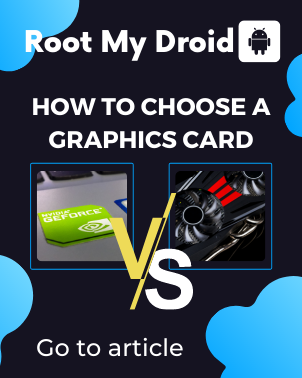






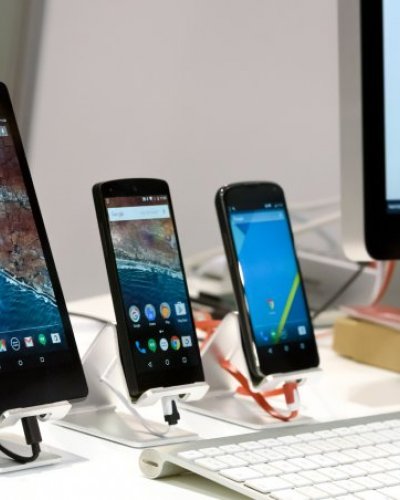
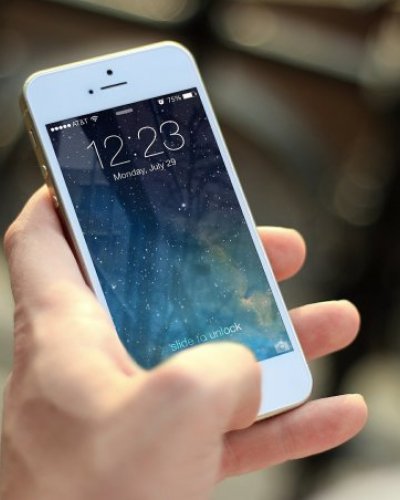
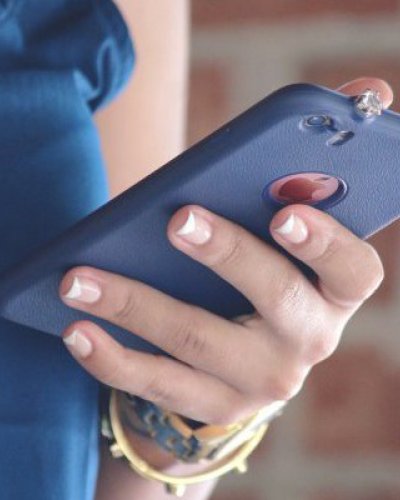
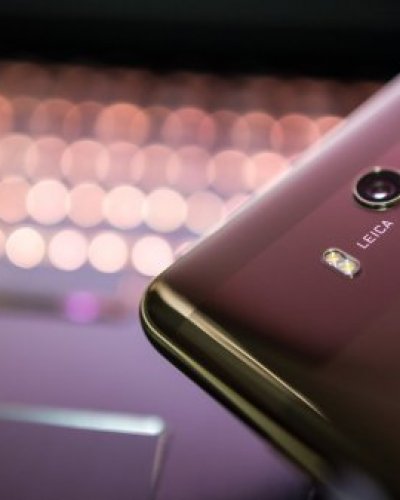
Comments (0)